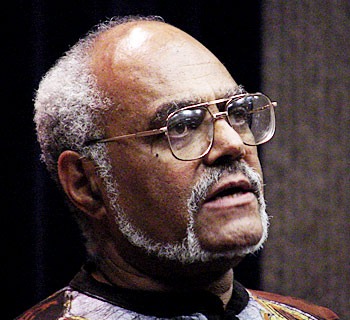The Algebra Project, Inc.
Purpose Prize Fellow 2006
Assisting students in inner city and rural areas achieve mathematics literacy
From his work in an inner city school, Bob Moses recognized that mathematics literacy in today’s information age is as important to educational access and citizenship for inner city and rural poor middle and high school students as the right to vote was to political access and citizenship for sharecroppers and day laborers in Mississippi in the 1960s. In 1991, at age 56, Bob formally incorporated The Algebra Project, to develop hands on curricula and pedagogy; to inspire and train other teachers; to engage policy makers and research mathematicians, and to apply lessons learned from the Civil Rights Movement, making mathematics an organizing force for quality public school education for every child in the USA. By 1996, with considerable grant support, the Algebra Project had reached some 45,000 pupils, and its instructional materials were being used by teachers in 105 schools across the country. In 2005, at age 70, Bob catalyzed a convening at Howard University of 130 educators, academics, lawyers, economists, and community organizers in a multi-generational, cross discipline, cross class effort, giving birth to a campaign to engage the nation in a discussion about a constitutional amendment on education (first proposed by Ulysses S. Grant), under the banner of Quality Education as a Civil Right.




